10 Critical Things to Consider Before You Buy a Vacation Home
10 Critical Things to Consider Before You Buy a Vacation Home
Buying a vacation home is a dream for many people. The idea of having your own retreat near the mountains, beach, or lake can be incredibly appealing. But before you jump into this major purchase, it’s important to think carefully about the financial, lifestyle, and long-term factors that come with owning a second property. Whether you’re considering a cozy cabin, a beachfront condo, or a luxury getaway, here are the most critical things to consider before buying a vacation home.
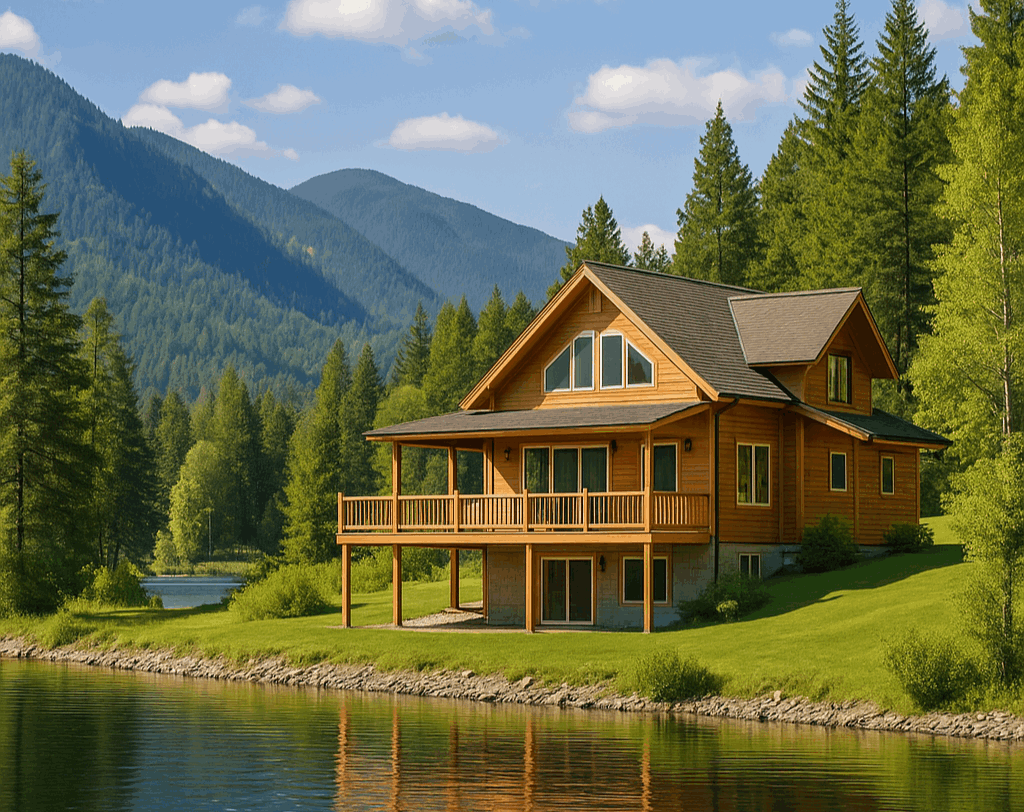
1. Location, Location, Location
The old real estate saying is especially true for vacation homes. The right location not only determines how much you’ll enjoy the property but also how well it holds its value over time. Ask yourself:
-
Is it easily accessible from your primary residence?
-
Does the area have year-round attractions or is it seasonal?
-
Are there future development plans that may affect property values?
Proximity to airports, hospitals, and local amenities should also play a role in your decision.
2. Understand All the Costs Involved
A vacation home involves more than just a mortgage payment. You’ll need to factor in:
-
Property taxes (which may be higher for second homes)
-
Insurance (especially in flood, wildfire, or hurricane zones)
-
HOA or community fees
-
Utilities, internet, and maintenance costs
Don’t forget to budget for travel expenses if the home isn’t nearby. A realistic financial picture will prevent your dream getaway from becoming a financial burden.
3. Financing Can Be Different
Getting a mortgage for a vacation home isn’t always as straightforward as for a primary residence. Lenders may require a larger down payment, higher credit scores, and stricter debt-to-income ratios. Interest rates on second homes are also typically higher. It’s wise to shop around and speak with multiple lenders before committing.
4. Maintenance and Upkeep
Unlike your primary home, you won’t always be there to keep an eye on things. Will you hire a property manager to handle maintenance, landscaping, and repairs? Or do you plan to visit often enough to take care of it yourself? Keep in mind that unexpected issues—like burst pipes, roof damage, or pests—can arise when a property sits vacant for long periods.
5. Rental Potential and Local Regulations
Many buyers offset costs by renting their vacation home when they’re not using it. If that’s your plan, research:
-
Short-term rental regulations in the area (some cities heavily restrict them)
-
Property management or vacation rental platforms
-
Seasonal demand and expected occupancy rates
While rental income can be a great way to cover expenses, you’ll need to be sure it’s allowed and financially viable in your chosen market.
6. Tax Implications
Vacation homes come with unique tax considerations. Depending on how often you use the home versus how often you rent it out, you may qualify for deductions on mortgage interest, property taxes, and operating expenses. However, rental income may also need to be reported. Consulting a tax professional before purchasing is a smart move.
7. Insurance Needs
Vacation homes often require specialized insurance policies, especially if they’re located near water, in wildfire-prone areas, or in regions with severe weather. You may need additional flood or earthquake insurance. Premiums for second homes are generally higher, so be sure to get multiple quotes early in your decision process.
8. Long-Term Goals
Think about how the home fits into your long-term plans. Is it a place you’ll retire to one day? A property you want to pass down to family? Or is it primarily an investment? Your goals will shape the type of home you buy, the location, and how you use it. Make sure your purchase aligns with your bigger financial and lifestyle vision.
9. Resale Value and Market Trends
Even if you see yourself keeping the home for decades, it’s wise to consider resale potential. Look at historical price trends in the area and ask a local real estate agent about demand for vacation properties. Homes in established vacation destinations typically hold value better, while homes in less-known areas may be riskier but offer more affordability.
10. The Lifestyle Fit
Finally, ask yourself: will you really use the home enough to justify the purchase? Many vacation homeowners find they don’t visit as often as they thought. Consider whether you’d be better off renting different vacation homes for variety instead of owning one. Buying makes sense if you love a specific area and plan to return often, but it’s important to be honest about your lifestyle.
Final Thoughts
A vacation home can be a rewarding investment and a place for family memories, but it’s not a decision to take lightly. By carefully evaluating location, costs, financing, rental opportunities, and your long-term goals, you’ll be better prepared to make a smart choice. With the right planning, your vacation home can provide both enjoyment and financial benefits for years to come.
Categories
Recent Posts



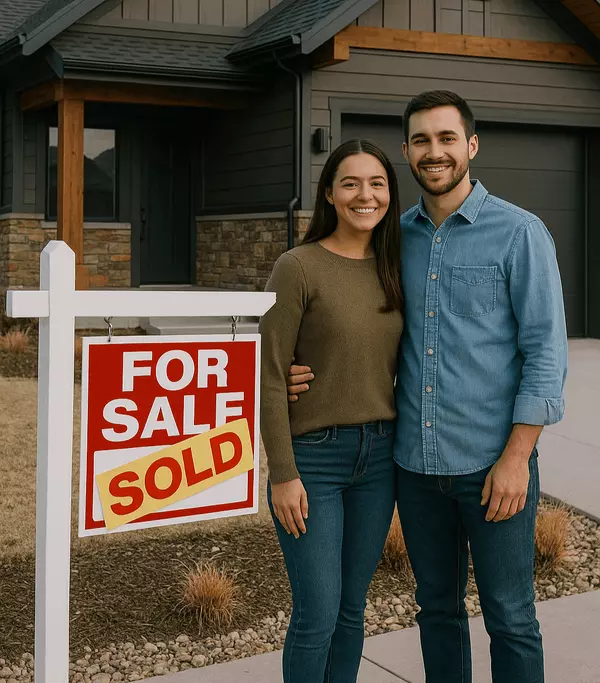
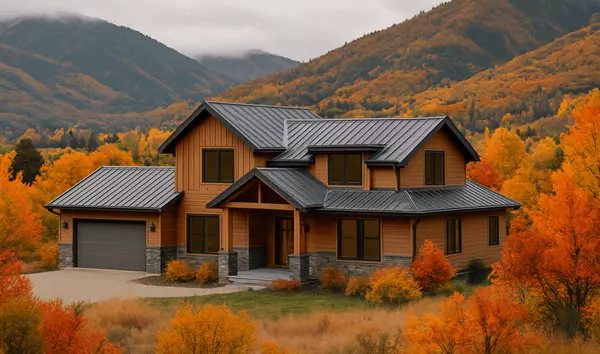
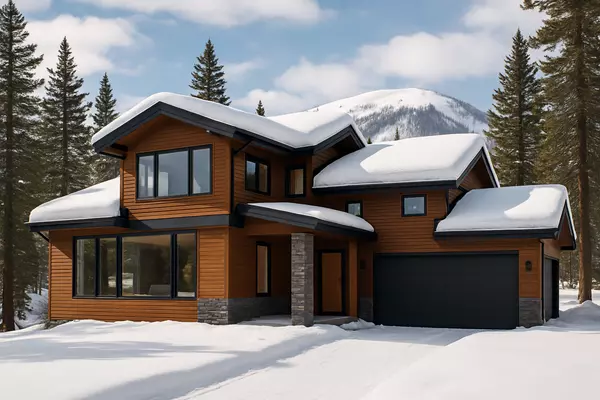


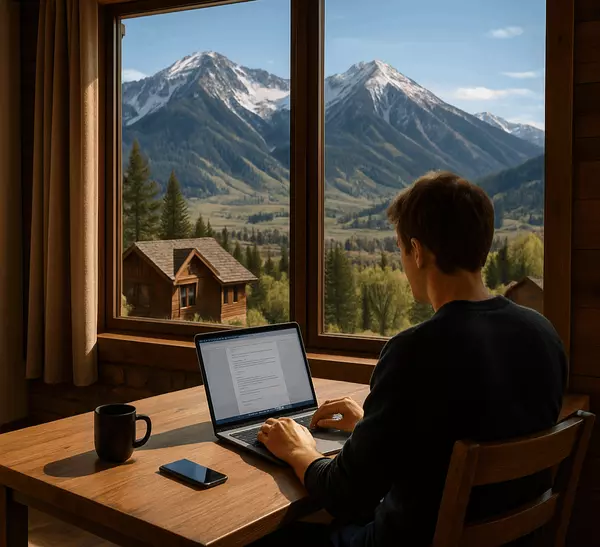
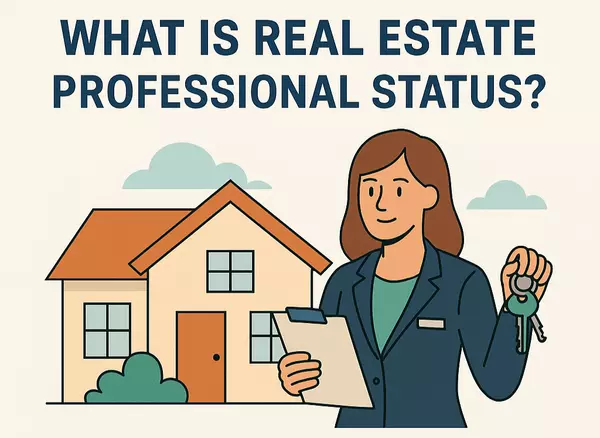
GET MORE INFORMATION

Agent | License ID: 14225128-SA00

